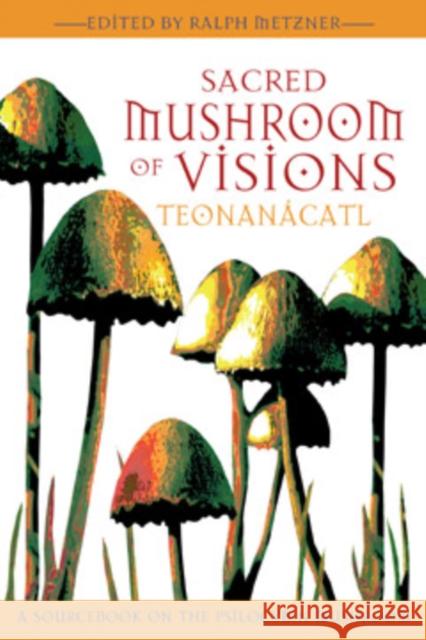Sacred Mushroom of Visions: Teonanácatl: A Sourcebook on the Psilocybin Mushroom » książka
topmenu
Sacred Mushroom of Visions: Teonanácatl: A Sourcebook on the Psilocybin Mushroom
ISBN-13: 9781594770449 / Angielski / Miękka / 2005 / 304 str.
Over 30 contributors share their expertise on the chemical, biological, cultural, psychological, and experiential dimensions of psilocybin mushrooms
- Describes in vivid detail the consciousness-expanding experiences of psychoactive mushroom users - Provides firsthand accounts of the controversial Harvard Psilocybin Project, including the Concord Prison and Good Friday studies Teonanacatl was the name given to the visionary mushrooms used in ancient Mesoamerican shamanic ceremonies, mushrooms that contain psilocybin, the psychoactive agent identified by Swiss chemist Albert Hofmann, the discoverer of LSD. The rediscovery of these visionary mushrooms by the Mazatec healer Maria Sabina and mycologist R. Gordon Wasson ignited a worldwide mushroom culture that inspired the consciousness revolution of the 1960s. This book describes in vivid detail the consciousness-expanding experiences of psychoactive mushroom users--from artists to psychologists--and the healing visionary inspiration they received. It provides firsthand accounts of studies performed in the controversial Harvard Psilocybin Project, including the Concord Prison study and the Good Friday study. It describes how the use of the psilocybe mushroom spread from the mountains of Mexico into North America, Asia, and Europe by seekers of consciousness-expanding experiences. It also details how psilocybin has been used since the 1960s in psychotherapy, prisoner rehabilitation, the enhancement of creativity, and the induction of mystical experiences and is being studied as a treatment for obsessive compulsive disorder (OCD).










